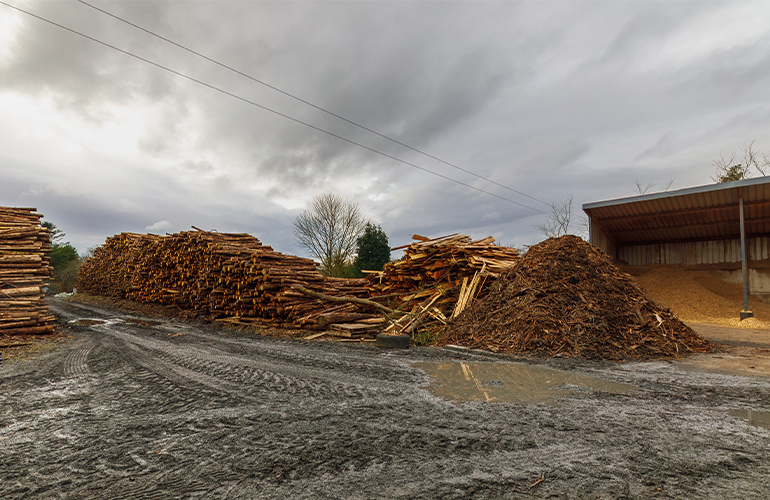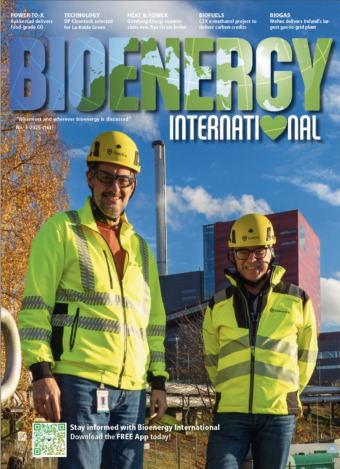The Irish Bioenergy Association (IrBEA) has engaged with public representatives over the last few weeks on its priority items for Budget 2026, and has published the details for the requirements of the sector, calling on the Irish Government to introduce a range of targeted measures in its Budget 2026 to support the growth and development of the bioenergy sector.
IrBEA believes that Budget 2026 presents a unique opportunity for the Irish Government to recognise the significant role of bioenergy in addressing Ireland’s climate, energy security, and rural economic challenges.
Bioenergy is the largest source of renewable energy globally and has a vital role to play in Ireland’s energy transition. With the right measures in Budget 2026, Ireland can stimulate investment, create rural jobs, displace fossil fuels, and deliver meaningful carbon reductions. Other EU countries are far ahead—this Budget is the chance for Ireland to catch up, said Seán Finan, CEO of IrBEA.
Key asks from IrBEA include:
- Support Scheme for Renewable Heat (SSRH): Continued budget provision for the SSRH, to extend the SSRH to the EU Emissions Trading System (ETS) sector, remove the 1 MW cap, and add support for the replacement of older biomass boilers.
- Carbon Tax: Maintain planned increases with revenues earmarked to support bioenergy and biomethane developments.
- Biogas and Biomethane: Urgent introduction of the long-awaited Renewable Heat Obligation (RHO) and also other dedicated supports and measures to develop the sector. Further, the Department of Agriculture, Food and Marine would introduce a EUR 2-3 million pilot scheme to support the construction of up to 15 farm-scale biogas plants. This scale of production can contribute to farm emission reductions and to farm income, while also raising awareness within rural communities of the positive benefits of biogas plants. This scale can act as an enabler of the biomethane sector and garner social acceptance.
- Finance Act Provision: Fair treatment of biomass equipment in line with other mobile machinery in terms of road taxation and the use of marked gas oil.
- Domestic Wood Fuels: EUR 3 million in capital grants to help wood fuel producers meet new Air Pollution Act (Solid fuel Regulations) moisture content requirements.
- Eco-design Heating Appliances: Extending domestic grants to cover the replacement of fossil fuel appliances with biomass stoves and boilers.
- Finance and Loans: Low-cost government-backed loans to assist bioenergy companies in supporting forestry owners affected by storm damage.
- Training: Dedicated funding for renewable energy training programmes.
- Resourcing: Provide for additional staff in departments, state agencies, and statutory bodies to implement renewable heating targets and enforce the Air Pollution Act (Solid Fuel Regulations).
Our proposals are practical, cost-effective, and deliverable. Supporting indigenous bioenergy will reduce dependence on imported fossil fuels, strengthen energy security, and provide a fair pathway for farmers, foresters, and rural communities to participate in the renewable energy transition, added Noel Gavigan, Technical Executive at IrBEA.
IrBEA calls on the Irish Government to seize this opportunity and ensure that bioenergy is placed at the centre of Ireland’s energy, climate, and economic policies.



